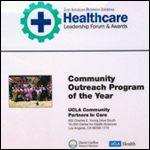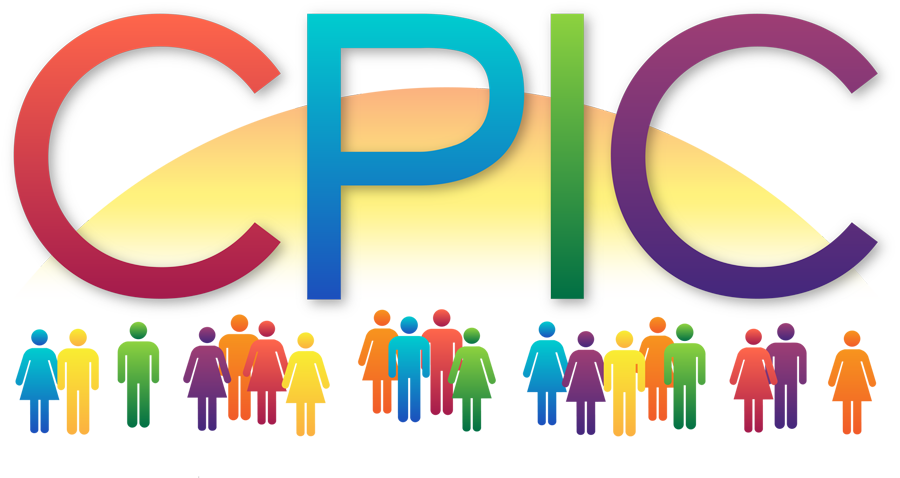Home
Communities partnering together to implement evidence based depression care.
Join Us in Beating Depression.
Many people suffer from depression. By depression we mean a period of weeks, months, or years of feeling sad, blue, or experiencing loss of interest in enjoyable activities and having other problems, like difficulty concentrating or low energy. Depression is an illness that can be treated. Communities need more options to treat depression and these options should be tailored to the needs of each community. Our CPIC model proved successful for the communities of South Los Angeles and Hollywood/Metro LA.
2
Los Angeles Under-Resourced Communities
95
Agencies Working Together
144
Conferences and Trainings
1018
Clients Enrolled in the Research Study

2016 Winner
Healthcare Leadership Community Outreach Program of the Year

2015 Winner
2015 UCLA Landmark Program of the Year

2015 Winner
Community-Campus Partnerships for Health Annual Award

2014 Winner
Association for Clinical and Translational Science Team Science Award
Decreased Homelessness
We decreased homelessness and risk factors for homelessness by 25%
Increased Mental Health Quality of Life
We trained local organizations likes barbershops, beauty salons, senior centers, and fitness clubs on how to recognize depression and on Cognitive Behavioral Therapy
Increased Physical Activity
We increased physical activity like exercising and walking.
Decreased Out-Patient Visits and Visits to Specialty Mental Health Clinics
We increased visits for depression in primary care, faith-based organizations and parks and recreations services
Decreased Behavioral Health Hospitalizations
We decreased Behavioral Health Hospitalization by 50%

